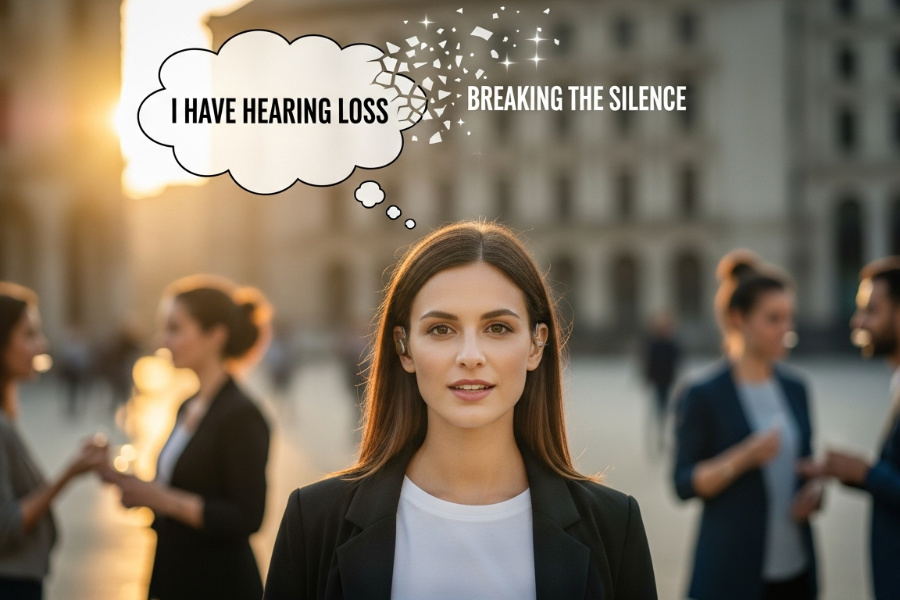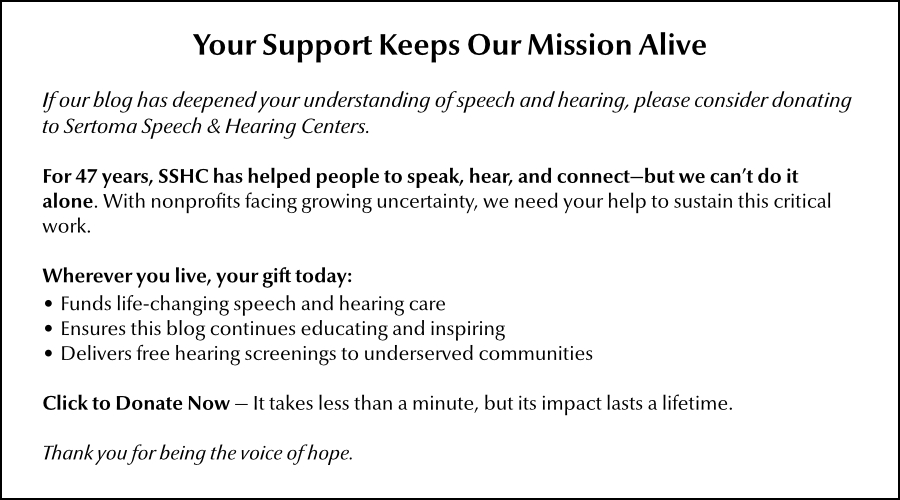One in three adults over 50 is keeping their hearing loss a secret. New international research uncovers the hidden emotional toll of a condition that affects 3.6 million Australians, and why fear of judgment is keeping people from getting help.
Why it matters
When people hide their hearing difficulties, they're more likely to experience depression, loneliness, and memory problems—but those who speak openly about their condition are far more likely to accept treatment and thrive.
By the numbers
The research surveyed over 600 people across Australia, the US, and the UK, revealing that nearly 60% of people with hearing loss have been laughed at or mocked for their difficulties. The research team also conducted interviews and recorded videos of adults with hearing loss, their partners, and hearing care professionals.
The problem
Hearing loss remains trapped in outdated stereotypes about aging and disability. Many people associate it only with very old age, creating embarrassment around a condition that typically begins when you're 50.
A difficult truth
The consequences of hearing loss extend far beyond missing sounds. Untreated hearing loss can trigger a range of mental health issues, such as low self-esteem, social isolation, cognitive decline, and depression.

The intrigue
The researchers discovered a surprising disconnect between patients and their doctors. While hearing care professionals worried about the stigma of wearing hearing aids, patients were more concerned about admitting they had hearing loss in the first place.
Reality check
Modern hearing aids aren't the problem—many patients described them as "discreet, high-tech, and helpful." The real barrier is that first, difficult conversation about having hearing loss.
A closer look
Dr. Katie Ekberg from Flinders University, who led the study with Professor Louise Hickson from the University of Queensland, found that a simple question can unlock better care: "Who do you tell about your hearing loss?" This helps professionals understand the emotional barriers their patients face.
- For many people, telling others about their hearing loss requires significant support from both healthcare providers and family members. It's often the hardest step in the entire treatment journey.
- It's not just a medical issue—it's a social one. The research involved real-world video recordings, interviews, and surveys with patients, their partners, and hearing professionals to understand how stigma operates in everyday life.
- Those who break the silence benefit dramatically. People who talk openly about their hearing loss are significantly more likely to use hearing aids successfully and maintain better overall wellbeing.
The takeaway
Hearing loss isn't something to hide—it's a common experience for millions of people as they age.
Breaking the silence isn't just about hearing better. It's about helping people feel more connected, supporting mental health, and allowing individuals to fully engage in their lives. No one should feel embarrassed about something so natural.
Ready to hear well again?
Our compassionate audiologists are here to listen and help.
Start with a free 15-minute hearing screening and gain valuable insights into your hearing health—no obligation, just care.
★ Call 708-599-9500 to schedule your free screening.
★ For facts about hearing loss and hearing aid options, grab your copy of The Hearing Loss Guide.
★ Sign up for our newsletter for the latest on Hearing aids, dementia triggered by hearing loss, pediatric speech and hearing, speech-language therapies, Parkinson's Voice therapies, and occupational-hearing conservation. We publish our newsletter eight times a year.
Don't let untreated hearing loss spoil your enjoyment of life.


